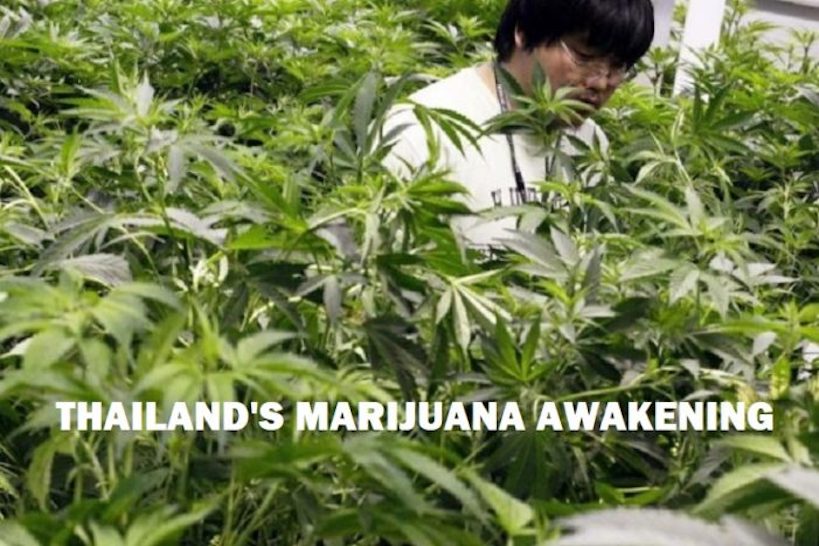Thailand’s parliament has almost unanimously passed a bill to legalise medical cannabis, with only one member of the National Legislative Assembly abstaining and none opposing.
The bill would amend the country’s Narcotics Act and also legalise the medical use of kratom, a plant indigenous to Thailand – but not officially recognised – as a treatment for opioid withdrawal symptoms.
According to the Bangkok Post, many licensed groups and individuals who would be entitled to possess cannabis include government ministries, local administrative bodies, the Red Cross, the Government Pharmaceutical Organisation, and certain medical professionals. However, people who have been convicted of drug offences under current Thai law will not be permitted to have cannabis in their possession.
With several international companies having applied for Thai patents for their medical cannabis products, there is already much concern that foreign pharmaceutical companies will dominate the Thai cannabis market.
Witoon Lianchamroon – the director of BIOTHAI, a foundation focused on sustainable agriculture and development in Thailand, told The Nation that he was concerned that the government intends to approve some of these applications. “This might go against the law,” he said. “According to law, a patent can only be granted to a new invention. It should be noted that traditional Thai medicine has long recognised marijuana’s medicinal properties.”
Panthep Phuaphongphan, the dean of a Thai medical school, said the involvement of foreign companies could “pave the way for monopolies”, and he has threatened legal action against the government if they did not “throw out all these applications now”.
While the legalisation of medical cannabis in Canada, the US, and several European countries has seen the creation of new national industries which contribute to local economies, precedent in another developing country suggests that Lianchamroon and Phuaphongphan’s fears are well founded.
In Lesotho, the first country in Africa to legalise medical cannabis, US and Canadian companies dominate the market. The production of the drug has been restricted to foreign-owned companies, while rural farmers and the wider population continue to be prohibited from harvesting their own.
As the draft bill has been approved by the legislature and the Cabinet, a panel comprising 29 parliamentarians will now have the opportunity to consider these concerns as they begin a scrutiny process that may take up to two months.
Depending on if and when the bill is passed, Thailand may become the first country in Asia to legalise domestic medical cannabis cultivation. However, the government of Sri Lanka has also outlined plans to begin domestic production this year, while progress is also being made in Malaysia.





Comment (1)